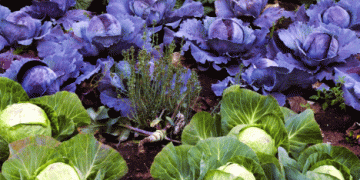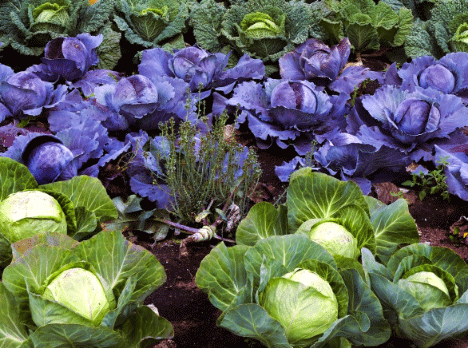In 2024, Austria produced 667,700 tons of vegetables, a 3% increase compared to the previous year and 2% above the five-year average. The stable cultivation area highlights efficient practices amid challenging weather conditions, including heatwaves, heavy rainfall, and storms.
1. Root and Bulb Vegetables
- Total Yield: 361,100 tons (+3% vs. 2023, +5% vs. five-year average).
- Onions:
- Production reached 175,100 tons (+10% vs. 2023), despite quality issues from excess moisture.
- Represented over 25% of total vegetable production.
- Carrots:
- Slight increase in area (+1%), yielding 120,600 tons, stable compared to 2023.
- Horseradish:
- Decline in area (-15%) and yield (-23%), producing 2,600 tons.
- Green Peas:
- Yield dropped by 9% to 7,900 tons due to reduced acreage and productivity.
2. Leafy and Cabbage Vegetables
- Total Yield: 137,300 tons, unchanged from 2023 but 3% below the five-year average.
- Weather impacts, including fungal infections, pests, and floods, caused yield losses.
- Lettuce:
- Decline in area (-5%) and yield (-11% vs. 2023) to 47,400 tons.
- Cabbage:
- Yield fell by 8% to 35,900 tons due to lower acreage and subpar quality.
3. Fruit Vegetables
- Total Yield: 169,300 tons (+3% vs. 2023, +3% vs. five-year average).
- Tomatoes:
- Yield increased by 2% to 58,100 tons despite a reduction in cultivation area.
- Cucumbers:
- Improved yields but lower production (-1%) due to reduced protected cultivation.
- Paprika:
- Yield rose 4% to 13,700 tons, with 97% grown under cover.
- Pumpkins:
- Achieved a record 25,600 tons (+23% vs. 2023), aided by favorable growing conditions.
- Melons:
- Expanded cultivation (+11%) led to a record yield of 2,400 tons (+7%).
Weather Impacts on Quality
Adverse weather significantly influenced quality, particularly for onions, lettuce, and cabbage. Excess moisture led to sorting losses, while summer heat and pest pressures reduced yields in open-field crops. Despite these challenges, some crops, like pumpkins and melons, thrived, demonstrating the potential for adaptability in Austrian farming.
Resilience and Opportunity
Austria’s 2024 vegetable harvest underscores the agricultural sector’s resilience in the face of climate variability. While total production increased, quality challenges highlight the importance of investing in improved irrigation, pest management, and crop diversification. Farmers adapting to changing conditions can enhance both yield and quality, ensuring future competitiveness in local and export markets.































